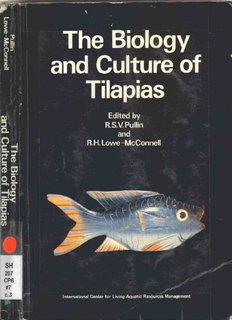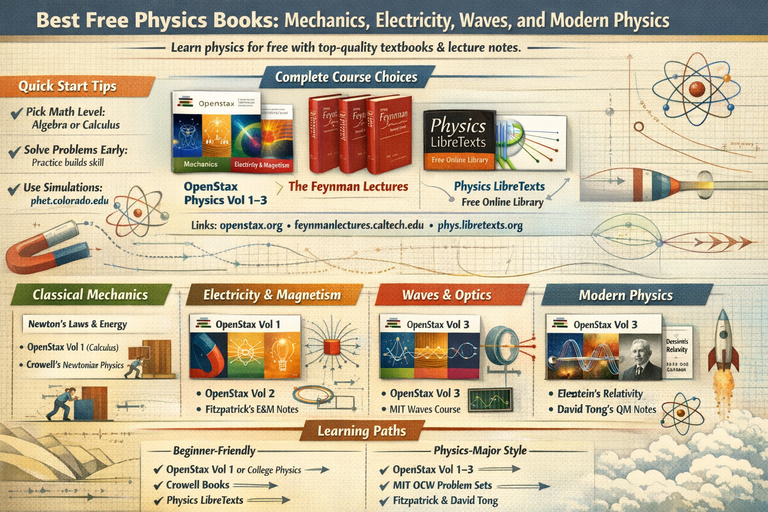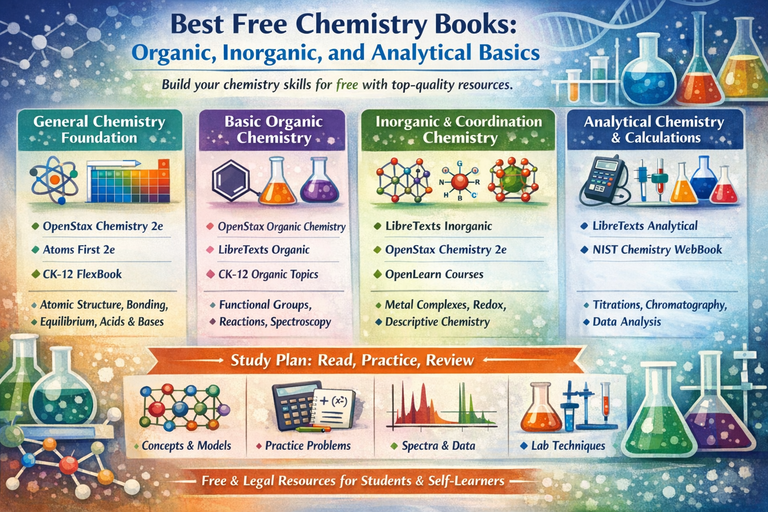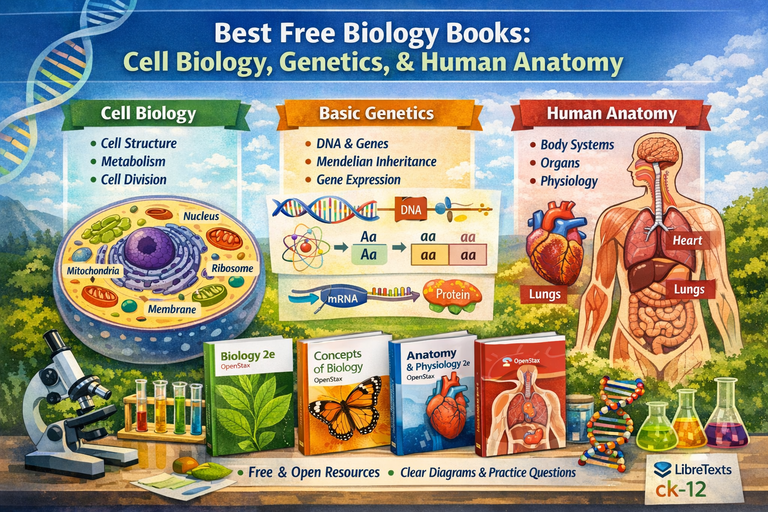The Role of AI in Drug Discovery and Vaccine Development
The journey from identifying a disease to developing an effective drug or vaccine is traditionally long, expensive, and uncertain. It can take 10–15 years and billions of dollars to bring a single drug to market. However, the integration of Artificial Intelligence (AI) is revolutionizing this process.
AI is helping researchers analyze vast biological data sets, predict molecular behavior, and accelerate clinical trials, enabling faster and more accurate discovery of new drugs and vaccines. From fighting cancer to responding rapidly to global pandemics, AI is emerging as a transformative force in biomedical science.
Why AI Is Transforming the Pharmaceutical Industry
AI mimics human cognitive functions such as learning, reasoning, and problem-solving, but at a much larger scale. In drug discovery, this translates to:
-
Analyzing massive datasets of biological, chemical, and medical information
-
Predicting the effectiveness of chemical compounds
-
Identifying drug targets at the molecular level
-
Modeling disease progression
-
Speeding up clinical trial design and patient recruitment
These capabilities enable pharmaceutical companies and research institutions to reduce time, cost, and risk in developing new treatments.
Applications of AI in Drug Discovery
1. Target Identification and Validation
One of the first steps in drug discovery is identifying the biological target—usually a protein or gene involved in a disease.
AI helps by:
-
Analyzing genomic, proteomic, and transcriptomic data
-
Identifying disease-associated biomarkers
-
Predicting how genetic mutations influence disease mechanisms
For example, machine learning algorithms can pinpoint proteins likely to be involved in cancer progression, helping scientists design more focused drugs.
2. Drug Screening and Lead Compound Identification
Traditionally, thousands of compounds must be tested to find one promising drug candidate. AI can rapidly scan chemical libraries to identify potential molecules with therapeutic properties.
-
Deep learning models predict how different molecules will bind to targets
-
AI simulations model molecular interactions before physical testing
-
This drastically reduces the need for lab experiments
Companies like Atomwise use AI to perform virtual drug screening, finding new leads in days instead of months.
3. Drug Repurposing
AI can identify new uses for existing drugs, saving time and cost since these drugs have already been tested for safety.
For instance, during the COVID-19 pandemic, AI was used to explore whether drugs like remdesivir or dexamethasone—originally developed for other conditions—could be effective against the virus.
4. Optimizing Drug Design
AI doesn’t just identify promising compounds—it can help design better drugs. Through generative models and reinforcement learning, AI can create molecules with:
-
Enhanced effectiveness
-
Fewer side effects
-
Better bioavailability
This is a shift from traditional trial-and-error methods to a data-driven approach to molecular engineering.
AI in Vaccine Development
1. Antigen Prediction
AI helps scientists identify the best antigens (viral or bacterial components) to trigger a strong immune response. This is especially critical in designing:
-
mRNA vaccines (e.g., Pfizer-BioNTech, Moderna)
-
Subunit vaccines (e.g., for hepatitis B)
-
Viral vector vaccines (e.g., Johnson & Johnson)
AI models analyze genomic data from pathogens to predict which segments will be most effective as vaccine targets.
2. Predicting Immune Responses
Not every vaccine works the same way for every person. AI can predict how different populations or individuals will respond based on:
-
Genetic profiles
-
Immune system diversity
-
Previous exposure to diseases
This makes it possible to design more effective and inclusive vaccines.
3. Accelerating Clinical Trials
AI is improving how clinical trials are run by:
-
Identifying the most suitable patient populations
-
Monitoring real-time responses to vaccines
-
Predicting and managing adverse reactions
This leads to faster approvals and reduced risk in mass vaccine rollouts.
4. Personalized Vaccines
The future of AI in immunology includes custom vaccines tailored to a person’s immune system, particularly for:
-
Cancer immunotherapy
-
Autoimmune diseases
-
Chronic infections
These personalized vaccines could offer greater effectiveness with fewer side effects.
Case Studies and Real-World Applications
1. DeepMind’s AlphaFold
In 2020, DeepMind’s AlphaFold cracked the problem of protein folding, predicting protein structures with unprecedented accuracy. This breakthrough:
-
Helps identify drug targets
-
Improves understanding of disease mechanisms
-
Accelerates vaccine design
AlphaFold has opened new possibilities in molecular biology and pharmacology.
2. Insilico Medicine
This biotech company uses AI to design novel molecules for diseases like fibrosis and cancer. In 2021, it announced the first AI-designed drug to enter human clinical trials—marking a major milestone in AI-driven drug discovery.
3. Moderna and BioNTech
Both companies used AI-powered platforms to analyze COVID-19’s genome and design mRNA vaccines in record time. What previously took years was achieved in weeks, thanks to machine learning models.
Challenges and Ethical Considerations
Despite the promise, several challenges remain:
-
Data quality and bias: AI relies on high-quality data. Incomplete or biased datasets can lead to poor predictions.
-
Transparency: Many AI models operate as “black boxes,” making it hard to explain how they reach decisions.
-
Regulatory approval: AI-generated drugs must still go through rigorous clinical testing and approval processes.
-
Intellectual property: Who owns the AI-generated molecules—developers, algorithms, or researchers?
-
Ethics in access: Will AI-driven medicine widen or reduce global health inequalities?
Addressing these concerns will be essential for responsible and equitable integration of AI in healthcare.
The Future of AI in Life Sciences
AI is still in its early stages in drug and vaccine development, but the direction is clear. As computational power grows and biological data expands, AI will become:
-
Faster at discovering drugs
-
Smarter at predicting side effects
-
Better at designing personalized treatments
-
More cost-efficient for pharmaceutical companies
AI may soon become an indispensable collaborator in every phase of biomedical research.
Conclusion
Artificial Intelligence is reshaping the pharmaceutical landscape—from faster drug discovery to tailored vaccine development. With the ability to process vast datasets, model molecular interactions, and predict outcomes, AI is making the impossible possible.
The key to the future lies in merging AI's analytical power with human expertise and ethical oversight, ensuring that the drugs and vaccines of tomorrow are not only more effective but also accessible and safe for all.







